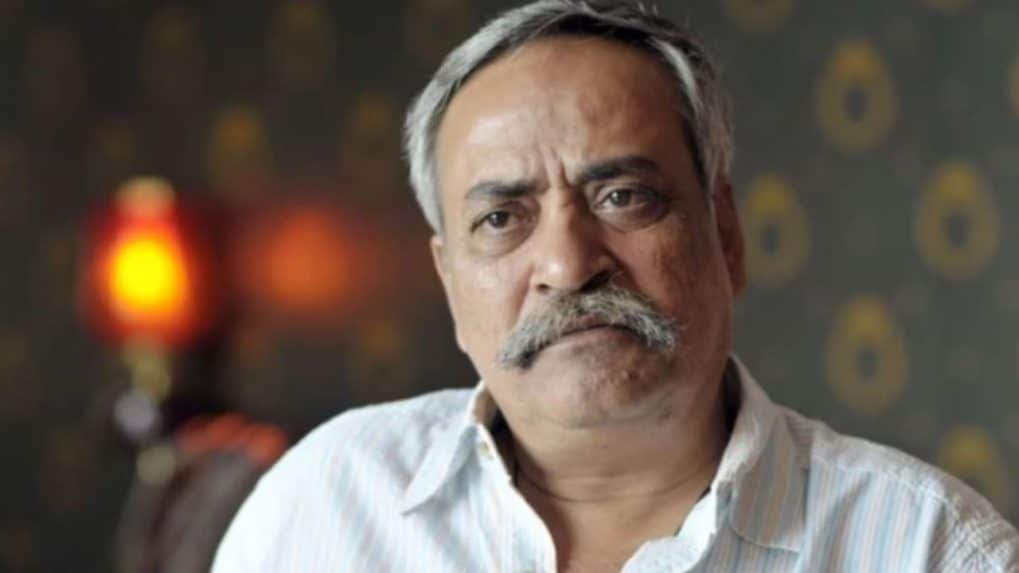"Gen Z are not idiots - they love great stories too": Piyush Pandey’s final lesson on storytelling
In his last interview with Storyboard18, the late advertising legend called out “nonsensical” advertising aimed at Gen Z and urged creators to return to authentic, heartfelt storytelling - a philosophy that defined his life’s work.
ADVERTISEMENT
In what would be his final conversation with Storyboard18 in 2024, Piyush Pandey - the man who gave Indian advertising its most human and heartfelt voice - had a simple, powerful message for the industry: stop underestimating young audiences and start telling better stories.
Piyush Pandey passes away: Pandey was the architect of Indian advertising’s soul
“Piyush Pandey gave brands a voice like no other,” says Suhel Seth in tribute
“In 2024, I have learned that a whole lot of nonsensical advertising is done in the name of Gen Z,” Pandey had said, in his unmistakably candid style.
“I don’t know who they are (GenZ), but people treat them as idiots. They are not idiots. They also enjoy lovely films like Mufasa: The Lion King. If you don’t believe me, look at the numbers.
Now, the rule or the goal for 2025 for me is to share with people that stories are not out of fashion. Everyone loves lovely stories.
Write some great stories and don’t blame it on the Gen Z’s - I’m watching you.”
That blend of humor, humility, and insight was quintessential Pandey - a creative leader who never lost faith in the enduring power of human emotion and simple, authentic storytelling.
Piyush Pandey, the towering creative force who transformed the face and soul of Indian advertising, passed away on October 24. Widely regarded as the man who gave Indian advertising its voice and its accent- Pandey spent over four decades at Ogilvy India, the agency that became almost synonymous with his name and vision.
Five iconic ads that defined Piyush Pandey’s legacy
His death marks the end of an era in which advertising spoke not from ivory towers but from the heart of India. With his booming laugh, trademark moustache, and instinct for stories rooted in everyday life, Pandey changed the texture and emotional depth of brand communication in the country.
Joining Ogilvy in 1982 after stints as a cricketer and tea taster, Pandey brought to advertising a street-level empathy that resonated with millions. Campaigns for Fevicol, Cadbury Dairy Milk, Asian Paints, and Vodafone became cultural touchstones - proof that simple, relatable ideas could build brands and move people in equal measure.
He championed Hindi and colloquial Indian idioms at a time when English dominated the airwaves, infusing advertising with warmth, wit, and humanity.
Warned young creatives against chasing trends
Even as the industry evolved through the digital and AI eras, Pandey’s core belief never wavered: that storytelling - honest, emotional, human - was timeless. He often warned young creatives against chasing trends or technologies at the cost of authenticity.
“Somewhere, you need to touch the hearts,” he once said. “No audience is going to see your work and say, ‘How did they do it?’ They will say, ‘I love it.’”
When he stepped down as Executive Chairman of Ogilvy India in 2023 to take on an advisory role, it was the quiet close of a chapter written in bold, booming Hindi and sealed with his wry smile.
“He didn’t just change advertising, he changed people”: Roshan Abbas pays tribute to Piyush Pandey
“A Real Indian Tiger”: Martin Sorrell pays heartfelt tribute to Adman Piyush Pandey
Pandey’s passing leaves behind more than an extraordinary legacy of campaigns; it leaves a philosophy - one that saw storytelling not as an art form for the few but as a bridge to the many.
He is survived by his family, his colleagues who became his extended family, and a body of work that continues to define Indian advertising’s heart and soul.
Or, as he might have said: stories will never go out of fashion - if only we tell them right.


